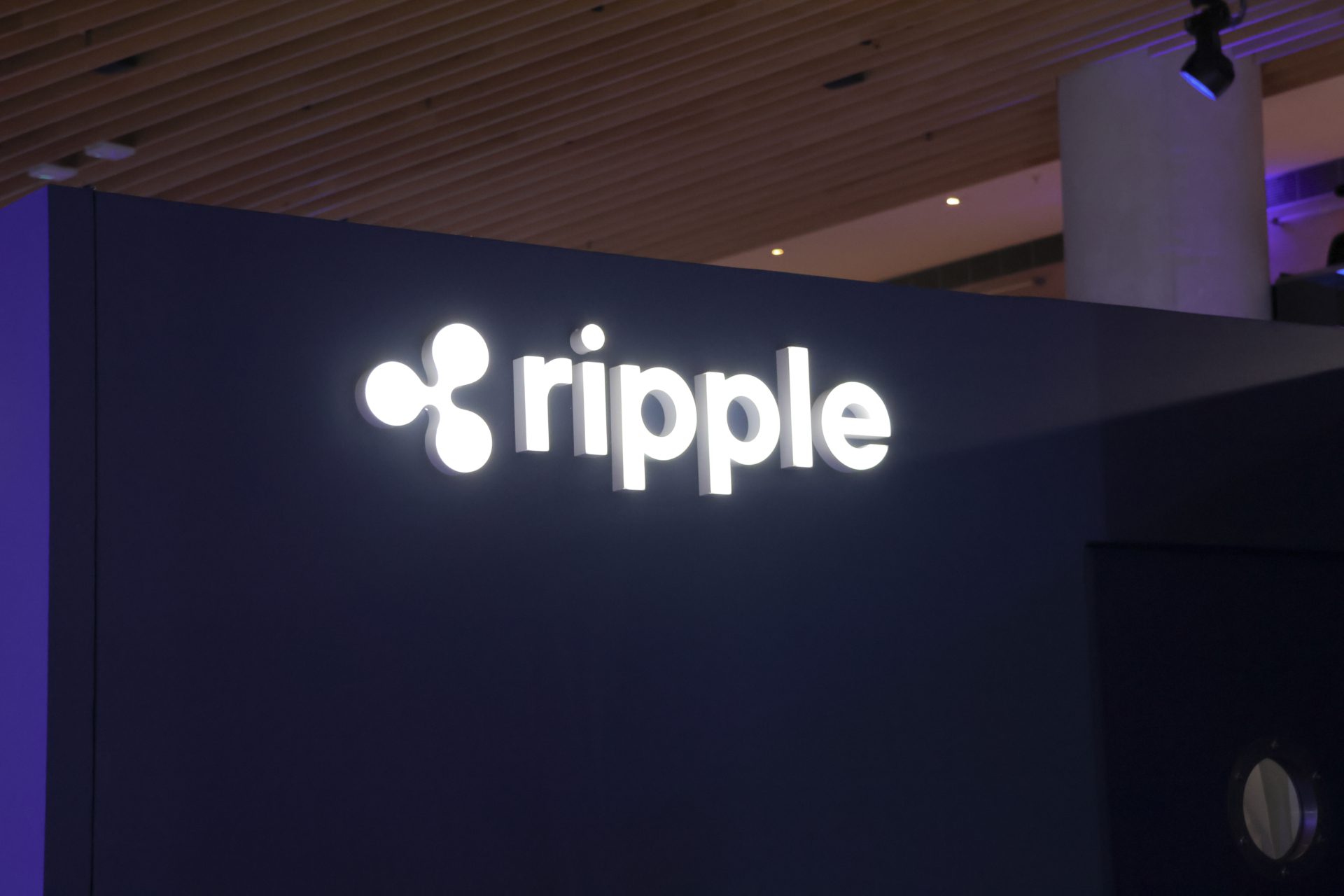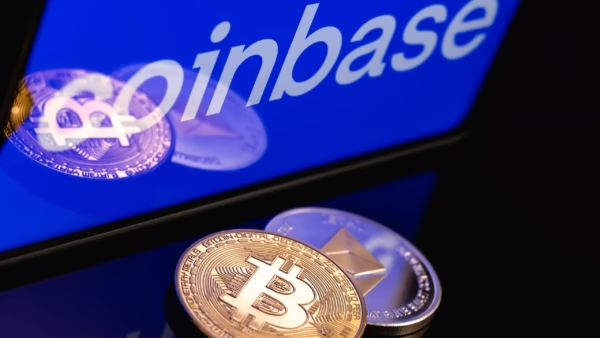As technology continues to evolve, the intersection of artificial intelligence (AI) and cryptocurrency is poised to reshape the digital landscape dramatically. The combination of these two powerful forces presents novel opportunities and challenges that merit careful exploration.
Emerging Ecosystems: Ownership and Data Autonomy
Central to this synergy is the notion of data ownership. Traditionally, vast amounts of data have been monopolized by large corporations, leaving individuals with little control over their own information. With blockchain technology, a transformative process is underway. Individuals can manage and even trade their data, empowering them in ways previously unattainable.
AI can leverage this decentralized data to offer personalized services while mitigating reliance on central servers. However, this shift raises pertinent questions about data valuation and security. Who will determine the worth of individual data, and what safeguards will exist to protect against misuse by malicious actors seeking to exploit vulnerabilities?
The Future of Digital Labor
The advent of AI and cryptocurrency also heralds the emergence of new forms of digital labor. Autonomous AI agents combined with crypto wallets could perform tasks, negotiate deals, and generate income without human intervention. Imagine a future where an AI autonomously provides services in an open marketplace, reshaping concepts of employment and income generation.
In this new economy, access to computing power becomes a crucial asset. Crypto could democratize the distribution of processing capabilities through networks where participants contribute to AI calculations and receive direct rewards. This approach could foster a digital workspace that welcomes contributions from all individuals.
Potential Outcomes: Opportunities and Risks
The blended landscape of AI and cryptocurrency offers both prospects and pitfalls. On the one hand, decentralization could lessen the dependence on big technology firms while creating new markets focused on data ownership and digital labor. Open systems could become more transparent, allowing for swift identification of abuse.
- Opportunities:
- Decentralized AI more independent from Big Tech
- New marketplaces for data ownership and virtual work
- Transparent systems that detect misuse rapidly
- Risks:
- Complex systems that may be challenging to govern
- New types of fraud and cyber-exploitation
- Power consolidation among those with the most computing resources
The Path Forward
A plausible outcome of this evolution is the emergence of hybrid models that are neither completely decentralized nor fully centralized. We could witness public chains promoting transparency and ownership alongside private infrastructures that prioritize speed and scalability. Regulatory frameworks will remain vital to prevent monopolistic behavior and protect users.
Conclusion: Bridging Two Worlds
The dialogue between cryptocurrency and AI is set to deepen as both technologies advance. While their collaboration holds the potential for a more equitable digital economy, it can also cultivate opaque power structures that are complex to navigate. The crucial challenge ahead is to harness these innovations not just for intelligence but for fairness, ensuring that those who understand the synergy between AI and crypto will wield significant influence over the digital economy of the future.



